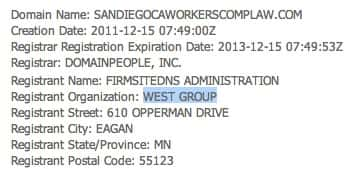Generally, I encourage lawyers to use any cost effective means necessary to get a website up and running – but with 1 & 1 My Website, I’m wrong.
Here’s the backstory: I just received a cold call from 1&1 My Website to our new office number, which was surprising as I haven’t published it anywhere. Given the business I’m in, and the fact that I’ve had a few inquiries from lawyers about their service, I decided to play along and learn a little more. While I didn’t record the conversation, here is my best recreation of some of the conversation that ensued.
The initial call was from a woman who asked for the business owner and started telling me some alarming things about my website.
“When you look your business up online, you have no credibility.”
“I can’t imagine that is the case, I have a very solid reputation . . . ”
“Your business is not searchable through Google.”
“I’m looking your business up and its showing that you don’t have any credibility.”
“Well what are you looking it up with?”
“Your competitors are beating you online.”
“Which competitors?”
“Your competitors in Washington state.”
“But I don’t have any competitors in Washington state.”
“Your business doesn’t have any credibility.”
This went round and round for a few minutes until it became clear that a)she knew nothing and b)her primary objective was to get me on a shared screen via join.me to go through a demo. (She also thought my name was Bob – which was amusing.) I played along and was introduced to a closer named Bill (I’ve changed his name for his own protection – you’ll see why later) whose first questions were:
“Do you already have a website?”
“Yes”
“What is your domain?”
Now presumably, the first lady was actually looking at my site when she was so concerned about my credibility, but in hindsight – we never actually talked about the actual domain at all. Now that we were sharing his screen, Bill proceeded to look up my site and show me the source code on the homepage.
“See . . . the site has no meta tags or keywords, so the only way people can find you is by your business name.”
“Well, that is very concerning.”
Now remember, he’s looking at my site, where the primary nav includes the words “Advanced SEO” – somehow this never registers. He then used an online tool to look up my phone number that returned a zero result.

“See here . . . I can tell by your phone number that you don’t have any website traffic.”
“But I thought I was doing well with search engines.”
“But you don’t have any meta tags or keywords.”
“I still don’t understand.”
“The way search engines work is that they look for keywords on your website and if they aren’t there, you won’t show up.”
We then moved to the solution part of the sale . . .
“You can keep your website and we’ll add all of the meta tags and keywords for you for free.”
“Well how many keywords can I get?”
“Unlimited.”
“And what about those meta tags – I don’t really understand that.”
“It’s unlimited, we’ll put in whatever your business does so the search engines can find you.”
I thought I’d move to some more pointed questions:
“But I thought links were the primary thing that search engines used to drive rankings.”
“Oh you can put as many links on your site as you want – for free.”
“No I mean links from other websites.”
“We do that too.”
“Well how many links do I get?”
“Unlimited.”
“How does that work?”
“We have a tool that creates them.”
“You said I can just copy my website to a new domain – www.atticusmarketing.net. Is that going to help with SEO?”
“Yup – and you also get up to 1,000 subdomains.”
“So if I just copy my website on those subdomains, would that help with SEO?”
“Absolutely”
At this point, I should note that this is neither of the two call reps fault. They are stuck in a call center (the background noise sounded like a frat party after a college football win). They have miserable jobs getting rejected by cranky small business owners on a regular basis. They have clearly been trained in the most effective script that closes the most businesses, instead of fundamental SEO concepts.
If you don’t understand why their answers above were so horrific – just take my word for it and stay away.
These sales tactics are unfortunately common in the website/SEO sales process – alarmist calls, unsubstantiated claims, technical jargon and automated, low cost solutions. Its why uninformed attorneys are taken advantage of on a regular basis when buying websites or SEO services. I wrote a quick self-evaluation a few months ago to answer the question: Are You Qualified to Hire an SEO?”
But it gets worse.
After we ended the call (I didn’t sign up btw – despite Bill’s mention of their Superbowl ad, which, for some reason he thought would get me to close) Bill kept his screen sharing opened to his call management software – Connect First. So I was able to investigate where 1&1 harvested my unpublished phone number from – apparently a contact generation company called CostalCom Closers.
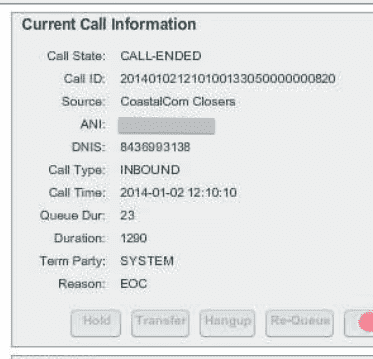
I was also able to watch as Bill walked another lead – a contractor across the country – from the cold call script . . .
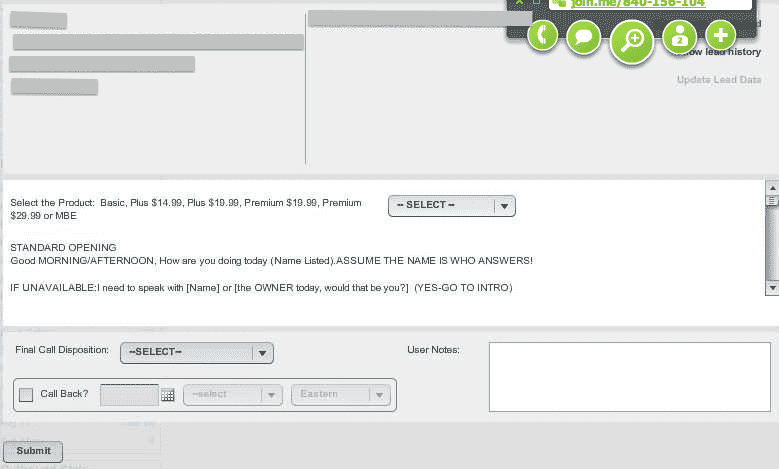
. . . all the way through the purchase process . . .
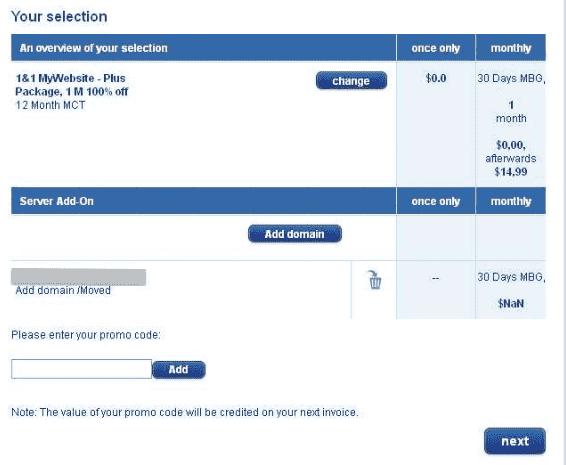
. . . to the entry of the company’s credit card number. (Let’s ignore for now, the ironic disclaimer, “1&1 is committed to keeping your payment details secure.”)
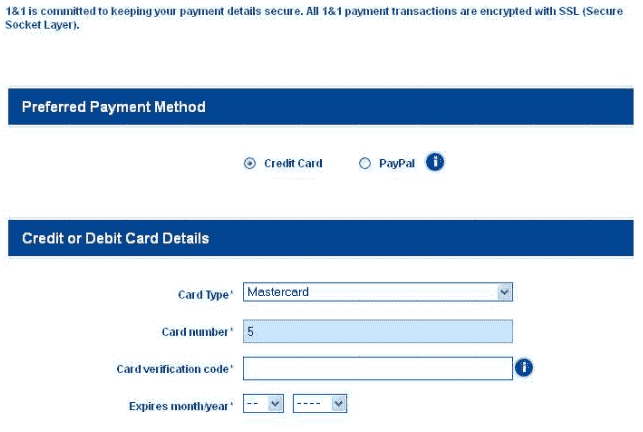
If you are uninformed enough to fall for 1 & 1’s sales message know this: they give you just enough functionality to entirely screw up your online marketing efforts. The service was $14.95 a month – clearly you get what you pay for. Attorney websites for lawyers don’t need to be expensive, but they need to get traffic and make your phone ring. 1&1 is NOT the solution.
UPDATE: Through some backdoor channels I heard from Jeff, 1&1’s Director of Telesales. While we only traded voicemails, I believe he was genuinely trying to get in touch with me. From one of his VM’s: “assure you that this is not our typical business practice.”
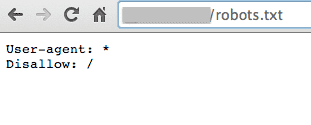
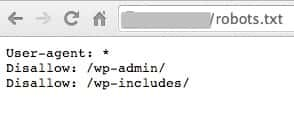






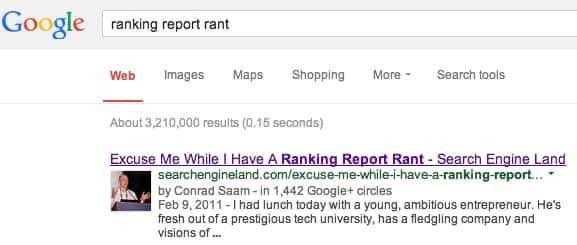
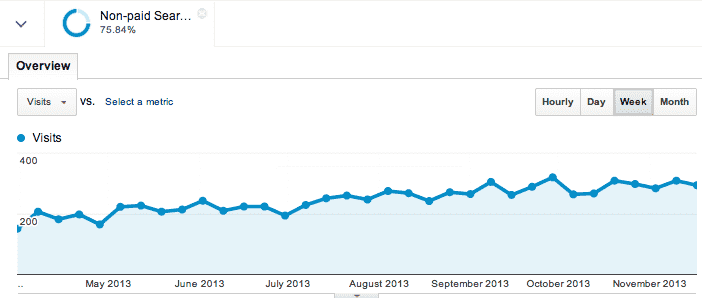
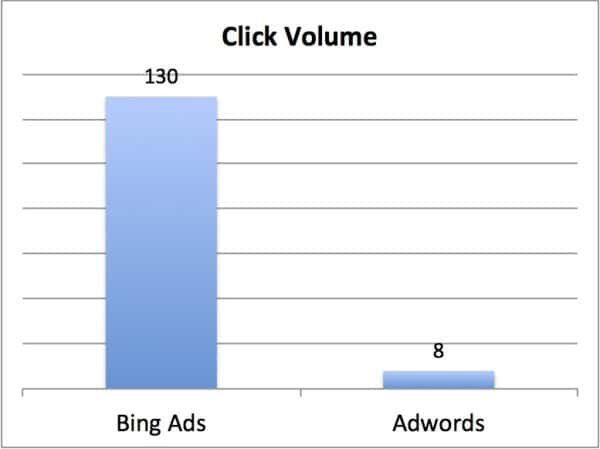
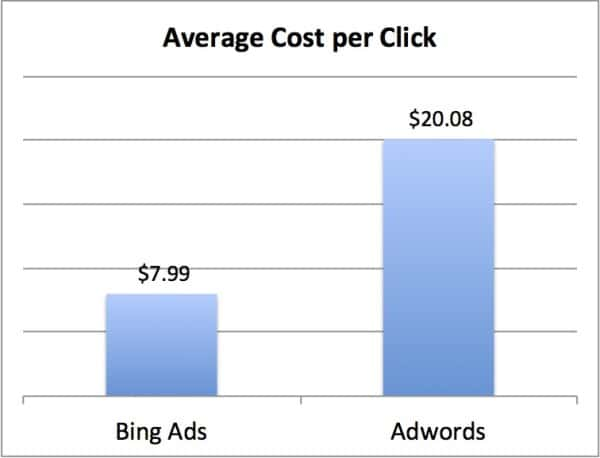
 Considering leaving FindLaw for an effective SEO provider? Check the fine print in your contract to see just how difficult they’ve made it for you.
Considering leaving FindLaw for an effective SEO provider? Check the fine print in your contract to see just how difficult they’ve made it for you.

